A large number of people love to keep backyard chickens for egg production. There might be numerous reasons for this habit. But it really feels amazing to collect eggs from all the next boxes. In other words, gathering eggs from the nest boxes is one of the greatest joys of keeping the backyard chicken. If dealt in a proper manner, then the process might lead to the increase in egg production, thus enabling you to grapple some large profits. At the time, there are a number of reasons that might lead to the fall in the rate of egg production. So, if you feel the egg production rate at your farm is falling, then you need to keep a number of things in mind. Most of the researchers are of the view that the fluctuations in the rate of egg production may be due to behavioral, environmental and emotional factors, all of which can be controlled. Here are the 16 reasons that might initiate a decrease in the rate of chicken egg production.
1. Lighting Conditions and Shorter Days:
One reason for which the egg production might be slowed down is due to the shorter days. On an average rate, a hen requires nearly 12 hours of sufficient day light for the stimulation of the ovaries.
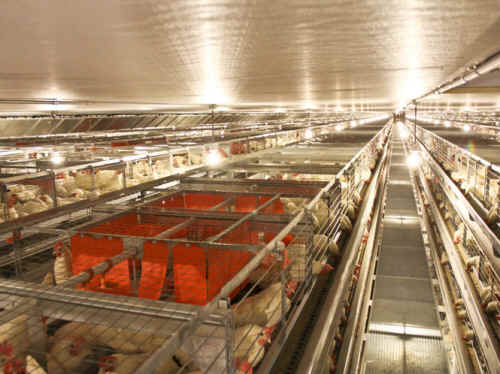
2. Molting Issues:
During the phases of molting, most of hens stop laying eggs. In order to tackle the problem a number of proteins might come in handy, but it is better to let the molting complete its cycle. Molting in chickens should be dealt in an effective manner in order to ensure that egg production remains constant.
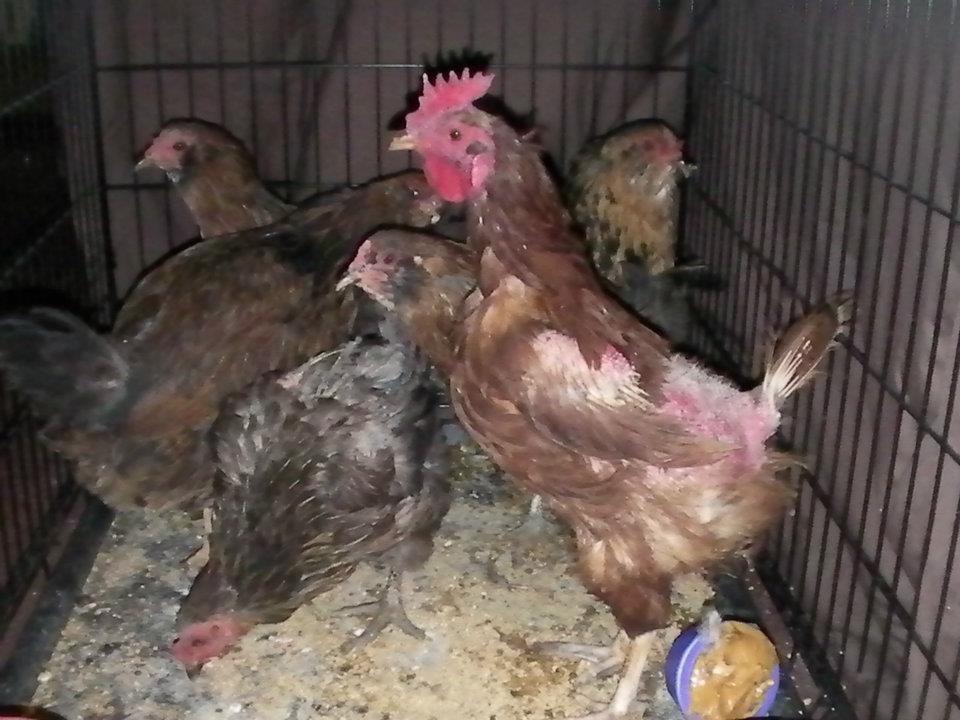
3. Broody Hen:
In this phase, the hens stop laying eggs. Moreover, they also spend the entire day sitting on the eggs, waiting for them to be hatched. The only thing that can be done here is to break the broodiness as soon as possible. Almost all classes of egg laying chicken breeds might suffer from this problem.
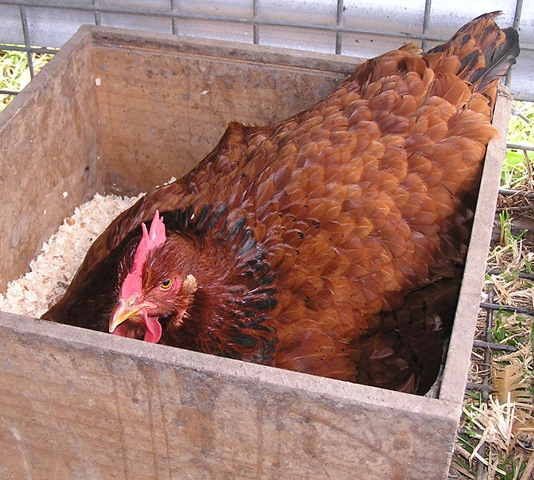
4. Egg Eating:
There are some chickens that might engage in this irrational behavior. Furthermore, when one hen starts doing this, other hens prefer to follow. For substantiation, you can see a number of broken egg shells in the nest.
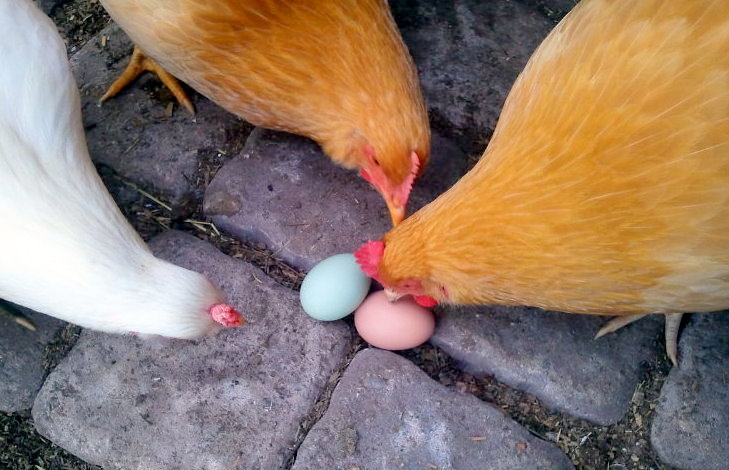
5. Predators:
There is no end to the number of predators who love to eat and steal eggs. Moreover, the hens also get stressed out at the sight of these predators, so it is best if you make all sorts of conducive and safety arrangements for dealing with this issue.
6. Overcrowding:
Another common reason for which the eggs might stop laying eggs, is overcrowding. When you keep a number of chickens in a small area, then the hens might get stressed that will result in lower egg production.
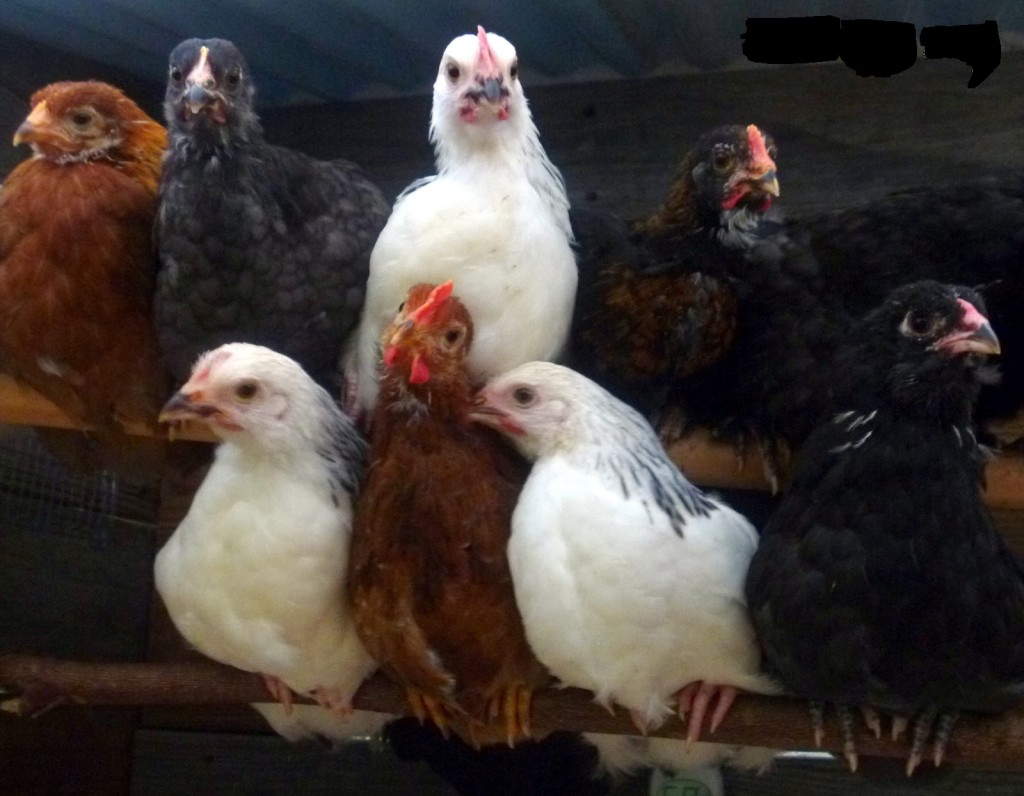
7. Change in Nesting Area:
Hens like humans love their homes and the places where they usually lay their eggs. But switching the area from time to time can break their routines and patterns of egg laying.
8. Illness/Disease:
One of the first things to notice in times of decreased in egg production is illness. You must also know that chickens do love to hide their illness at times. So here it is imperative to schedule and perform medical checkups from time to time.
9. Extreme Fluctuations in Weather:
There are some optimal temperatures in which hens lay the most number of eggs. Normally, the temperature range should be from 50-75 Degrees F. Even the slightest of deviations from this range might lead to fall in the egg production.
10. Lack of Ventilation:
Lack of ventilation in the coop leads to the accumulation of ammonia, thus causing various physiological changes in the chicken and egg laying habits of the chicken through respiratory illness.
11. Poor Nutrition:
Those farms that utilize some low quality feeds face this problem more often. So, for having the maximum number of egg yield, you should make use of good quality feeds.
12. Overfeeding:
Just like underfeeding that might lead to diminished egg production, the same also applies to overfeeding. Chickens require a set number of proteins for egg production, but never try to offer them with more than what they require.
13. Lack of Water:
In terms of the internal composition of egg, it is evident that water makes up nearly 75 % of the total mass. Be sure to supply sufficient water for chicken egg laying at all times.
14. Free ranging:
Chickens should be offered with free ranging, but in a controlled manner. Otherwise, they are going to hide their eggs at places you might not be able to track. Mostly the hens lay eggs in the morning times, so it is recommended that you monitor them at these times.
15. Age:
The first 2 to3 years are the ones in which hens lay the maximum number of eggs. With the passage of time, the productivity is going to fall. So, it is best that if you continue adding new chicks to the settings.
16. Stress:
In the end, it is quite visible that a stress free hen happens to be the one that lays the most number of eggs.
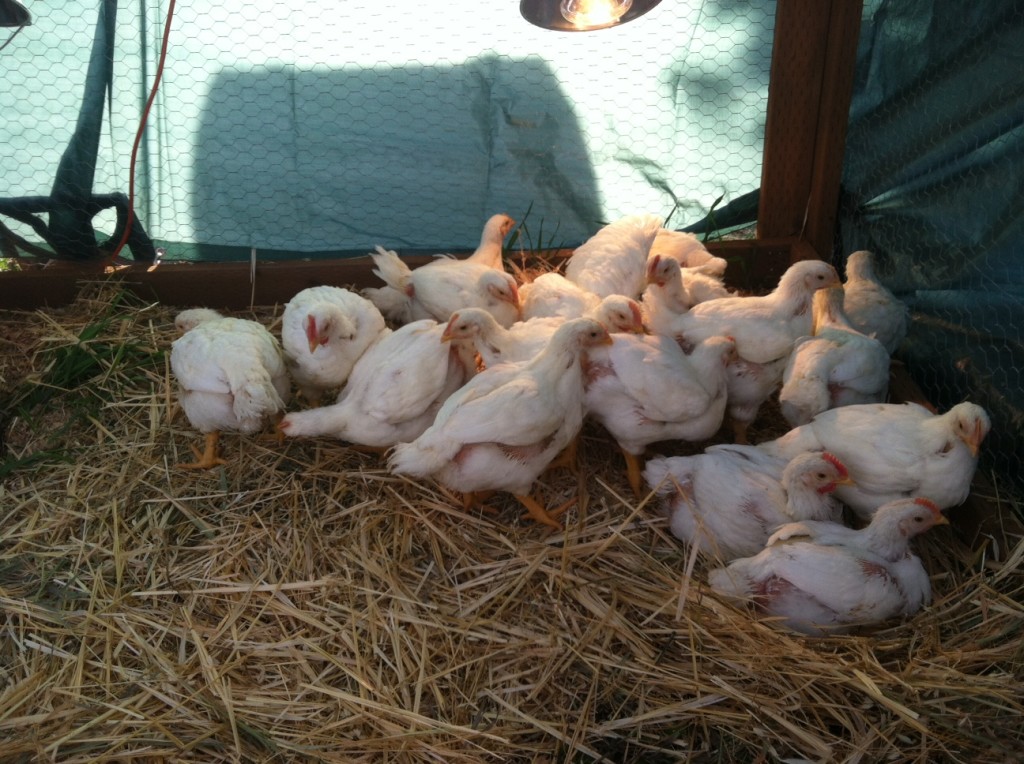


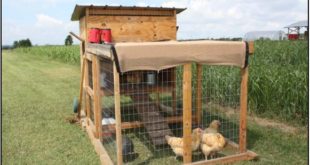

Dear Farhan:
Interesting and usefull guide for backyard “farmers”.
Regards,
Juan Jose
Hello Farhan,
Just chanced on your articles.I have a backyard farm and will benefit from this.
Thank you.
I just finished reading the blog on 16 reasons why egg production may decline. This is a good summary of why egg production may decline. Question: the last photo shows several hens in a box. Have you any idea of what is being used for litter in that box?? I’m trying to compile a list of alternative litter material.
Josh Hatkin
u can learn more about litter material and management on my other article by the following link,hope u get find ur answer.
https://thepoultryguide.com/decrease-in-egg-production/